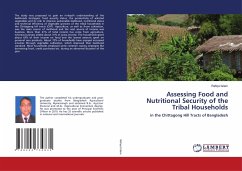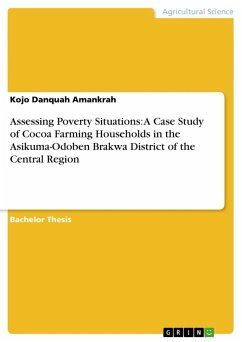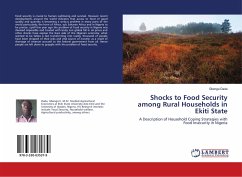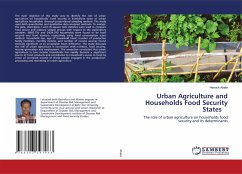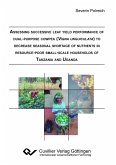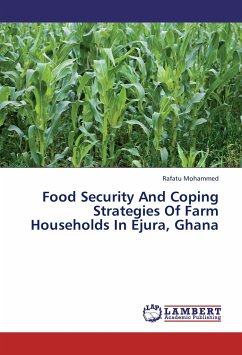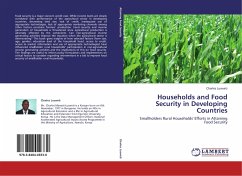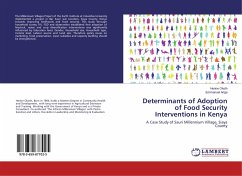The study was proposed to gain an in-depth understanding of the livelihoods strategies, food security status, the productivity of selected vegetables and its role to improve sustainable livelihood, nutritional status and technical efficiency of vegetable growers of the tribal households in the Chittagong hill tracts (CHT). Agriculture, as well as Jhum cultivation, was the main source of livelihood and the next source of income was business. More than 41% of total income has come from agriculture, whereas business added about 31% of gross income. The households spent about 63% of their income on food and the lowest amount spent on personal care products. About 72% of households have enjoyed increased incomes through vegetable cultivation, which improved their livelihood standard. Most households employed some common coping strategies like borrowing food, credit purchases etc. during an abnormal situation of the year.
Bitte wählen Sie Ihr Anliegen aus.
Rechnungen
Retourenschein anfordern
Bestellstatus
Storno

